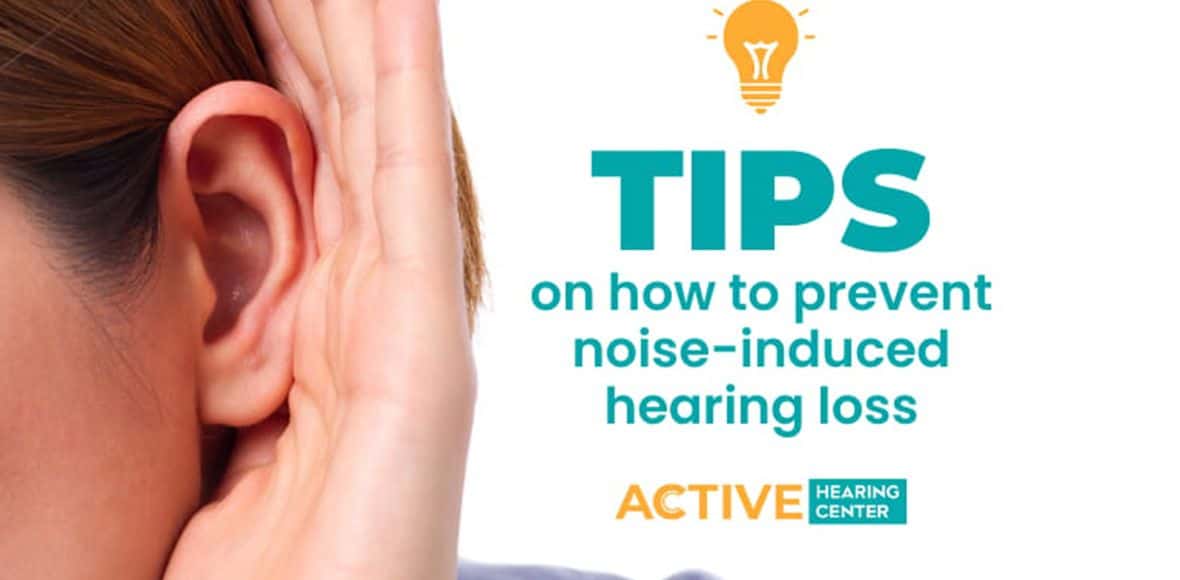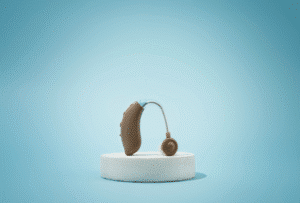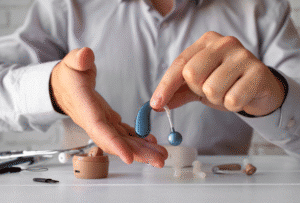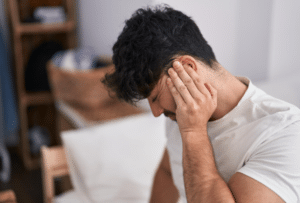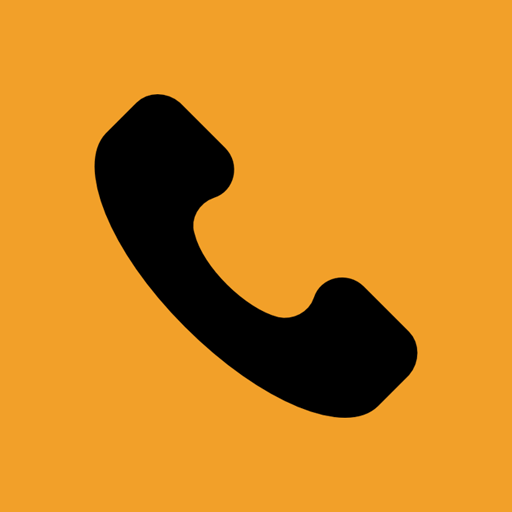Hearing plays an essential role in communicating. Hearing loss can be profound, even in small amounts. It can deter speech, language, and learning developments in children and language comprehension, communication, social development, and overall health. Without proper intervention, children (even adults) do not perform very well in their environment, and there will be a gap in their education or work environment.
An estimated 12.5% of children and adolescents aged 6–19 years (approximately 5.2 million) and 17% of adults aged 20–69 years (approximately 26 million) have suffered permanent damage to their hearing from excessive exposure to noise. 1
Are there preventive measures we can to do avoid noise-induced hearing loss?
While there is still a chance, here are some preventive measures we can advise to avoid noise-induced hearing loss:
- Identify sources of loud sounds (such as heavy equipment, power tools, gun fires, or loud music) that may contribute to hearing loss. Avoid going to the source or using protective devices. Invest in hearing protection devices such as disposable earplugs, earmuffs, or noise-canceling headphones.
- Turn down loud music systems. If you are wearing headsets or earpods, make sure to regulate the music or sound from your devices. If you are using the highest volume level and are having a hard time listening (like you’re underwater), have yourself checked with an audiologist.
- Avoid or limit exposure to loud sounds. If you visit coffee shops or public places with loud music that may be uncomfortable, inform the staff and tell them how the sounds make you feel. Toning down the audio level isn’t a bother, especially with people around you that are talking, simultaneously.
- Understand that noise-induced hearing loss can contribute to communication difficulties, pain and ringing in the ears (tinnitus), muffled sound, and inability to hear your environment. It may also be detrimental to someone if they can’t hear warning sounds (especially in workplaces that need one).
- Check the noise ratings of your equipment or appliances. If you consider getting a device that emits loud noise, ensure safety. Sounds from 90 to 110 decibels, which can damage your hearing. It’s best to be prepared for it. You may use an app that you can download to estimate the loudness of the appliance.
- If it is unavoidable (like attending concerts), make sure you give your ears a break and a time to let them adjust to the environment. Give it at least 12 to 16 hours of rest and move to a more quiet environment. You can also use custom earplugs to lessen the noise exposure.
If you are experiencing difficulty in hearing, visit the nearest hearing center. You can refer to our hearing centers for a hearing assessment and recommendations. Or you can try our online hearing test tool.
- Niskar AS, Kieszak SM, Holmes AE, Esteban E, Rubin C, Brody DJ. The estimated prevalence of noise-induced hearing threshold shifts among children 6 to 19 years of age: The third national health and nutritional examination survey. 1988-1994, United States. Pediatrics 2001;108:40–43.
